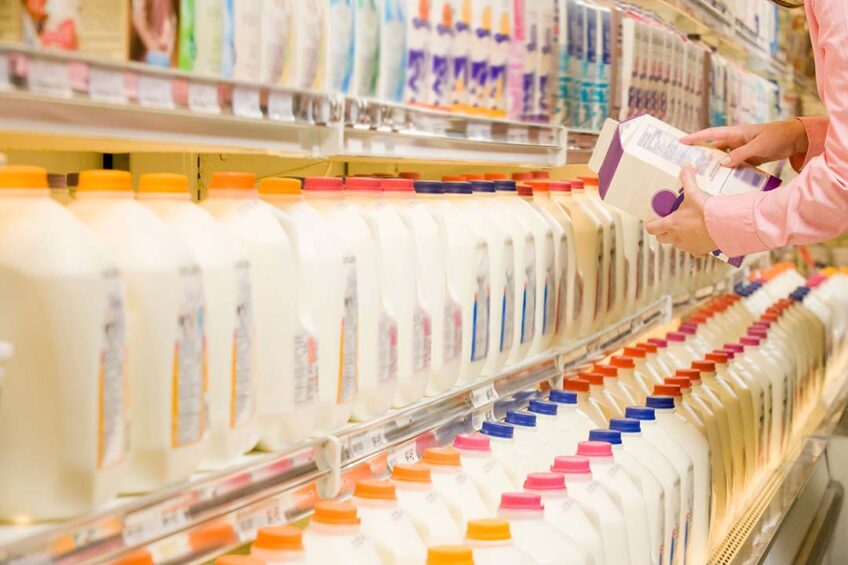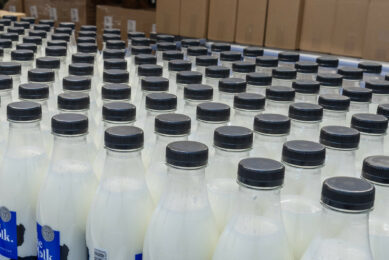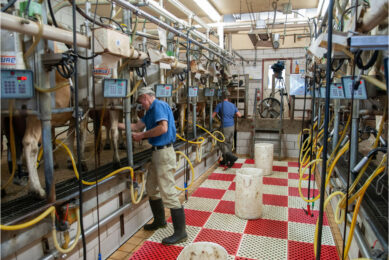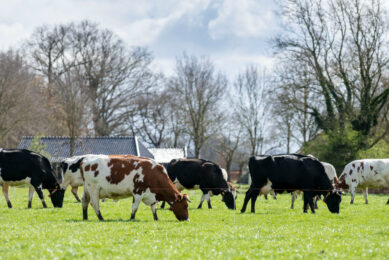Calls for policy changes as Iran’s dairy consumption drops

A 30% drop in dairy consumption in Iran in 2023 can have a detrimental impact on public health, a local news outlet ISNA reported, citing local analysts.
In 2023, the Iranian government abolished the system under which livestock companies were eligible to exchange currency at a preferential rate to purchase feedstuff. The reform, which called to relieve tension on the strained national budget, resulted in retail prices going through the roof.
Tehran Chamber of Commerce recently reported that dairy consumption plummeted by 30% last year, reaching its lowest level in a decade, as retail prices on the key product jumped by 20-40%.
A surge in retail prices last year is the key factor contributing to a drop in consumption, ISNA said. For many Iranians, the consumption declined below the critical level required to maintain the appropriate bone health. In the long run, it can trigger a hike in osteoporosis cases in the country, the publication warned.
Jalal Rahmani, vice president of health at Qazvin University of Medical Sciences, said that the minimal recommended level of dairy consumption stands at 250 g per day, while in Iran, this figure is now as low as 104 g.
Dairy companies
Seyed Mohammad Reza Banitaba, head of the Iranian Dairy Products Industry Association, complained that despite last year’s price hike, dairy companies can barely make ends meet due to price caps.
He unveiled that since the beginning of the year, most dairy producers saw a rise in operational costs owing to a rise in wages and general inflation. On the other hand, the Consumer Protection Organization and Market Regulation Headquarters ordered the companies to refrain from raising prices during Ramadan.
Last year, the authorities promised to revise the price caps policy, allowing a 30% increase for some products subject to price regulation. Banitaba admitted that the promise has yet to be fulfilled.
“The current government policy means that dairy manufacturers subsidize consumption out of their pockets,” Banitaba claimed.
The existing government policy could further hurt the troubled Iranian dairy sector. According to Banitaba, nearly 80% of dairy companies in Iran shut down operations over the past 2 decades. To some extent, this is associated with a drop in dairy consumption, which was on a downward trajectory for years.
Iran’s dairy industry consists of only 200 companies, against 1,000 in the early 2000s, he estimated. Banitaba insisted that keeping dairy consumption at a sufficient level is not the job of dairy manufacturers, calling for reconsideration of the price cap policy.
Join 13,000+ subscribers
Subscribe to our newsletter to stay updated about all the need-to-know content in the dairy sector, two times a week.










